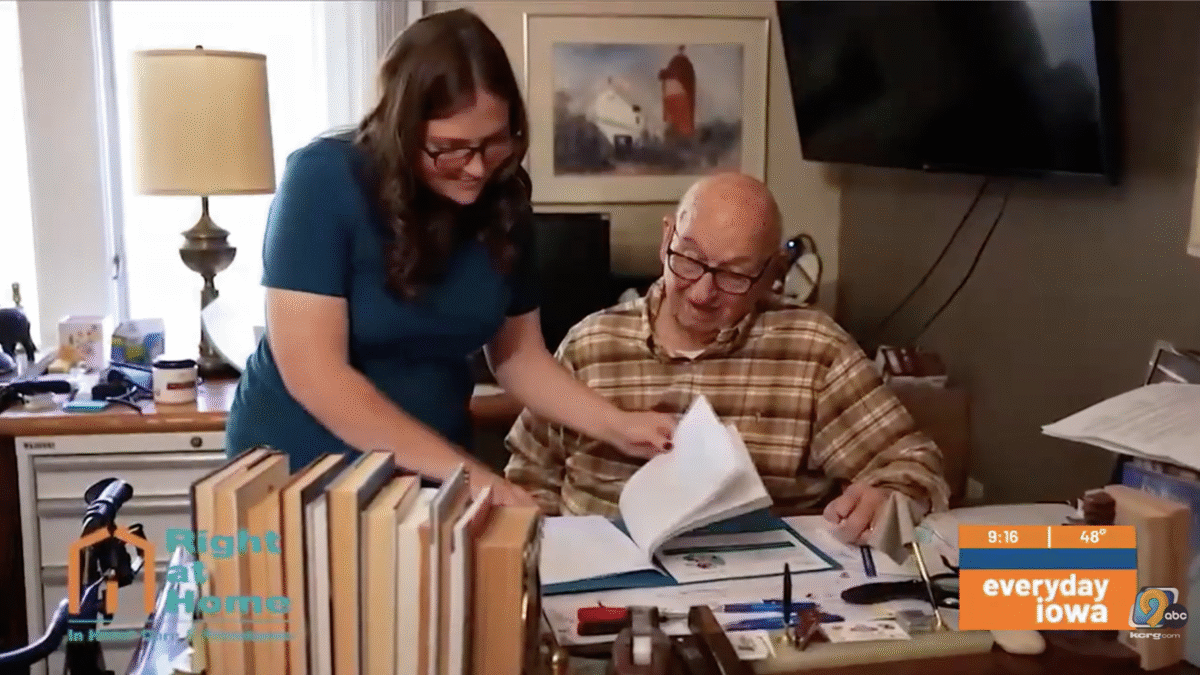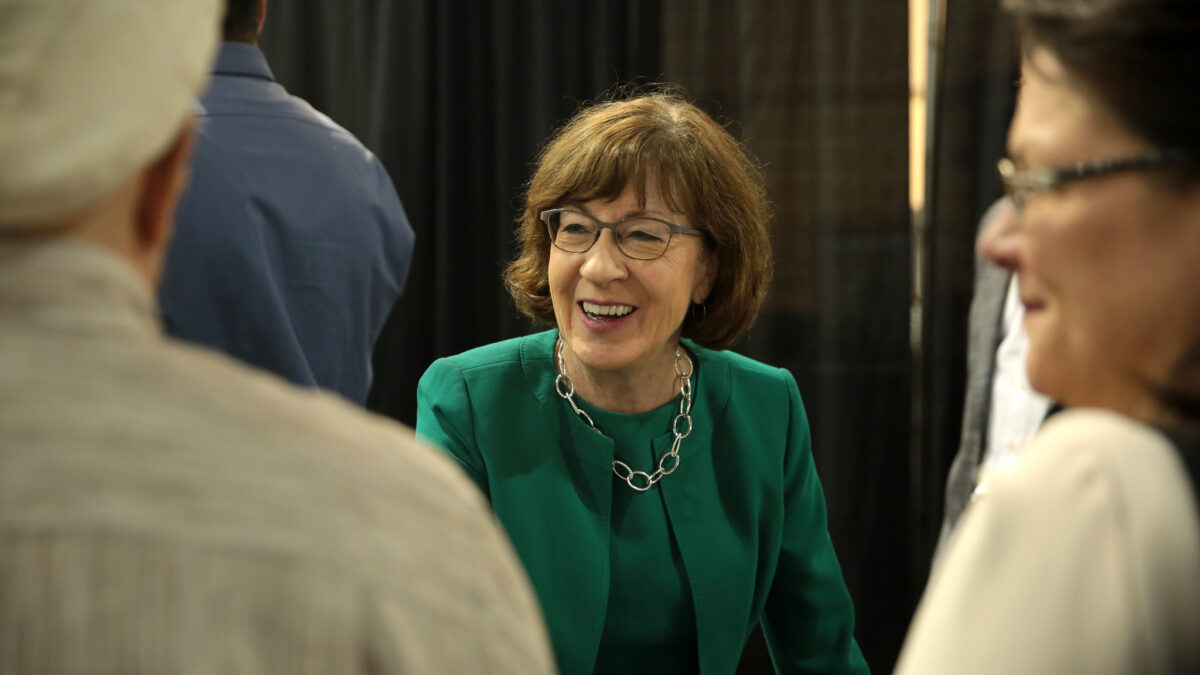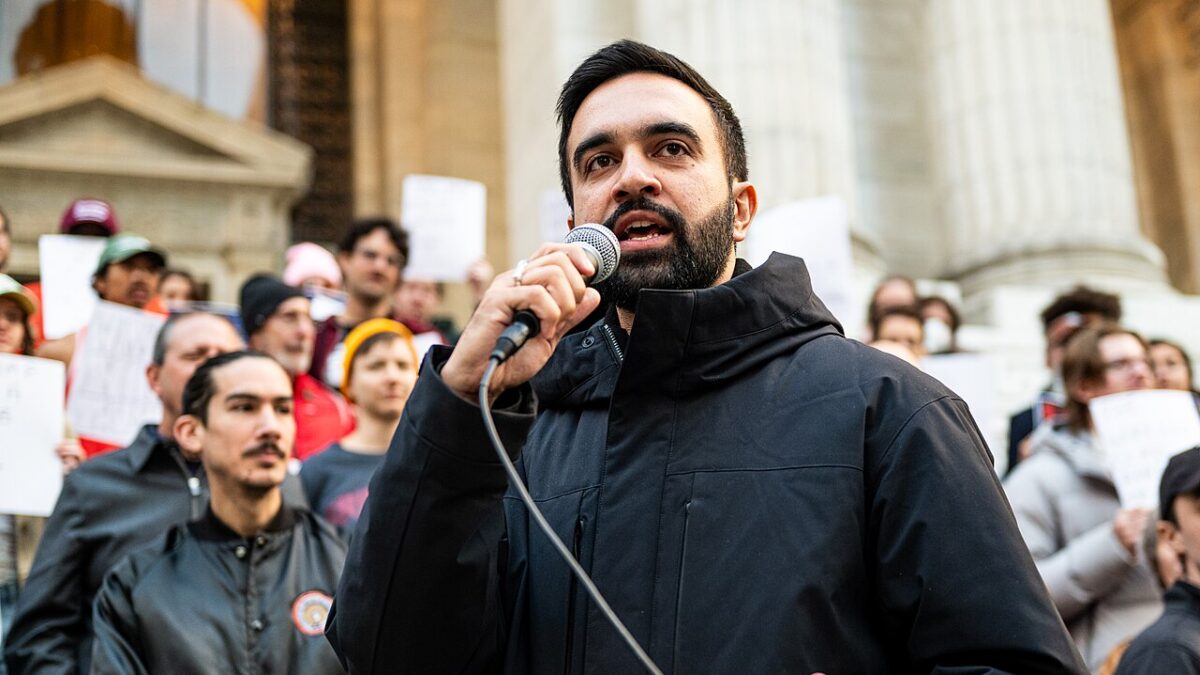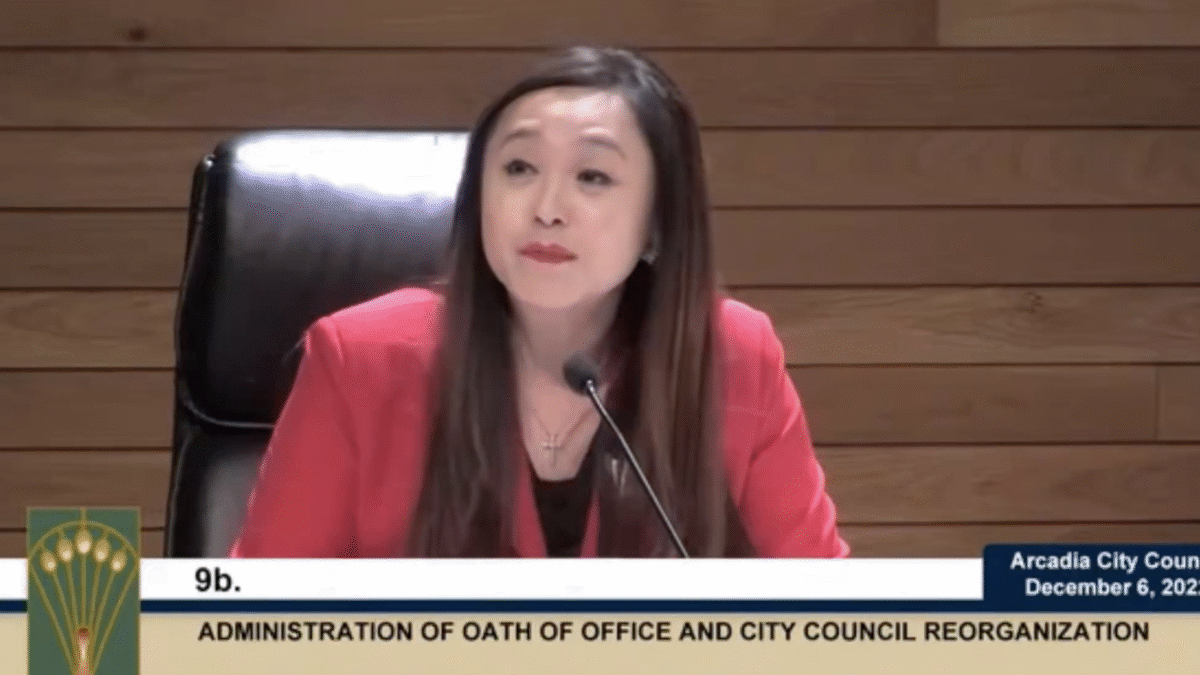
When the Titanic sank in 1912, the captain famously ordered women and children be loaded first onto the precious few lifeboats. While the code of chivalry may have changed in the ensuing decades, the need to plan for the unthinkable has not.
The ongoing surge in COVID-19 cases is forcing hospitals to face the awful question of who will receive life-saving care and who will be denied if resources run out. How we respond to this moment, especially to the most vulnerable among us, will be a reflection and test of our national character.
As the director of the Office for Civil Rights at the U.S. Department of Health and Human Services, I tasked my colleagues with reviewing state triage and emergency hospital rationing plans — known as Crisis Standards of Care — after receiving several complaints from advocates early during the pandemic. We were shocked to find instances of blatant discrimination against people with disabilities and older Americans in these plans.
One state, using archaic language to refer to persons with intellectual disabilities, would have flatly excluded people with “profound mental retardation” from being given ventilators. Other states placed persons with disabilities or older adults at the end of the line for treatment based on uncertain judgments about long-term life expectancy or the number of resources a person might consume in the process of saving their lives. Many people with disabilities justifiably feared having ventilators taken away from them to be given to others judged more “worthy.”
Working with state authorities, civil rights advocates, and health experts, we have helped states shift from reliance on categorical exclusions from care based on age or disability to the criteria of the likelihood of survival to hospital discharge. We have shifted the focus of state plans from treating patients as statistics to treating them as individuals with a right to be free from judgments based on stereotypes or overbroad and irrelevant generalizations.
We have also made clear that clinically relevant factors may be considered insofar as they do not rely on speculative judgments regarding future long-term survival, duration of need, or measures of relative “worth.” A growing number of states are also making clear that reallocating personal ventilators is unacceptable. We commend the state of Utah and the National Academy of Medicine in particular for working with my office to adopt Crisis Standard of Care plans and guidelines that embody the best civil rights practices.
Finally, my office has been extremely clear that judgments regarding quality of life should never be used to decide who receives access to care. For too long, people with disabilities and older persons have worried about being devalued by the medical system. Imposed judgments regarding which lives are worth living, and thus worthy of saving, corrupt the practice of medicine and erode our nation’s dearest held values.
Only patients or their authorized representatives should decide whether they wish to decline or consent to the withdrawal of life-sustaining treatment. Pressure from providers to change their minds based on their disability and age is not only unethical, it may also be illegal.
This work is part of larger efforts my office has undertaken to protect civil rights during the pandemic by ensuring minority communities — including those with limited English proficiency — have access to testing and vaccines without unlawful barriers, and by ensuring hospital patients with physical, psychological, or spiritual challenges get physical access to necessary support persons and to clergy in their time of greatest need.
These efforts reflect our fundamental commitment to equity, respect for life, and non-discrimination for all Americans under law. We are proud of what we have accomplished to unite people from the left, middle, and right around the principle of respect for human dignity during this crisis.
We recognize that providers may have to make hard choices in the coming days, but we must hold fast to our core values and remain committed to our civil rights laws, even in times of emergency, because that is often when we need them most. As we pray that rationing of care never comes to any hospital in any state, we must prepare nonetheless, starting with the premise that every life is equally precious.









